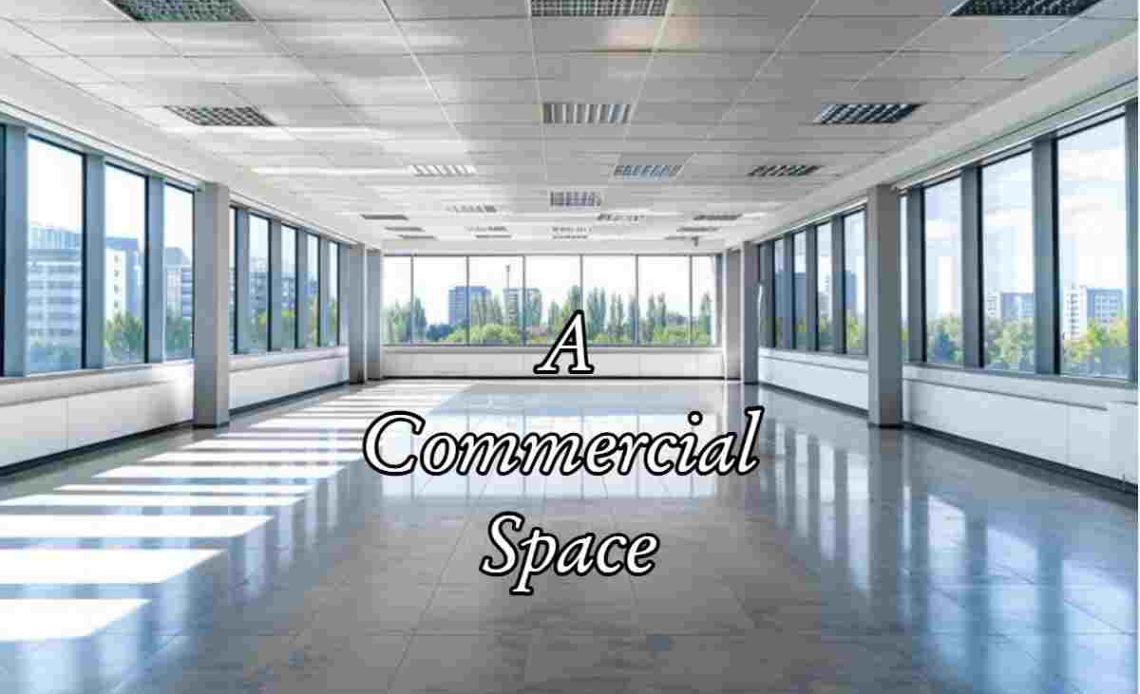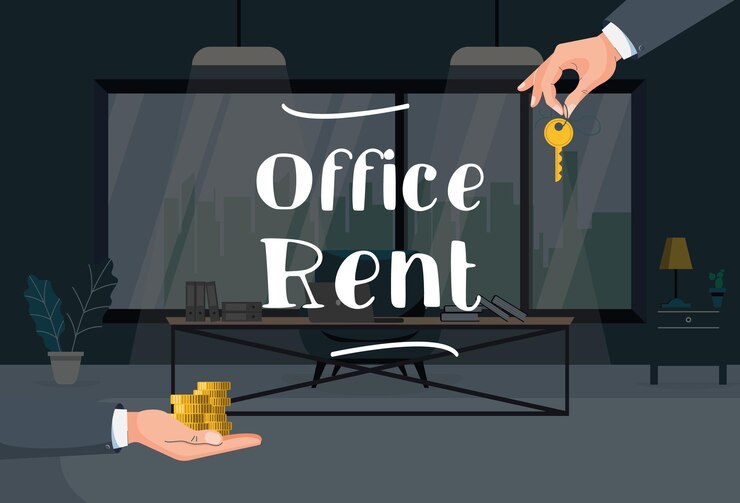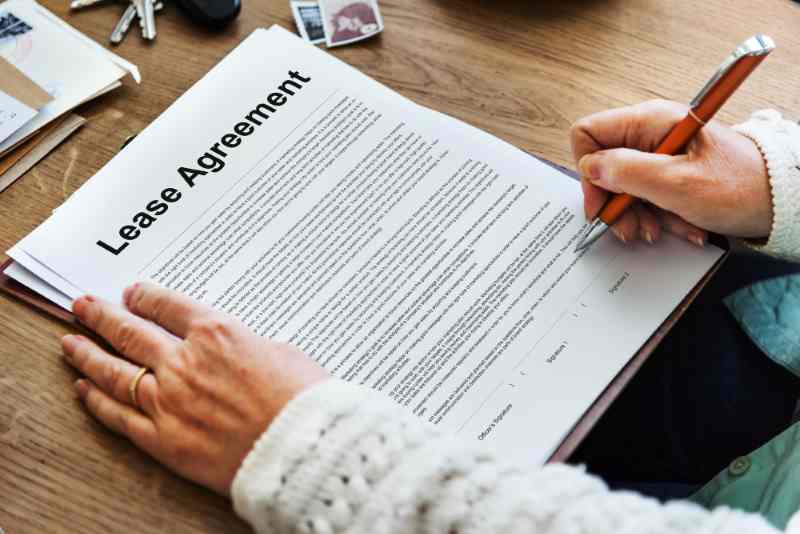
Maybe you have started your business from your home, and this is the time to launch your new business.
Or, maybe you are planning to expand your existing business, so you may require an office space to run the business smoothly.
Whatever the reason, there may be a time when you need to rent an office space in the UK.
Renting a commercial space is an important step in growing a small business.
However, commercial renting can be complicated, because it comes with a range of legal and financial implications for you and your landlord.
Also, these legal conditions and contingencies may affect the future of your business too.
So, it is essential to read the fine print carefully and know exactly what you are signing in.
In this blog, I will discuss a few considerations you must be aware of when renting a commercial space in 2025.
Table of Contents
Key Considerations When Renting A Commercial Space
1. Determine What You Are Looking For:

At first, you should narrow down the details of what your business needs. You must think once again about what you need.
Do you need an office space, a warehouse, or a small retail? space. Before renting a commercial space, you must consider the below key factors.
- Your Budget: How much rent can you afford to spend each month?
- Size of The Space: How much office space do you need?
- Location: You must think about whether the location is easily accessible by your staff. And what about the parking?
2. Determine The Lease Type:

There are various types of commercial lease agreements in the UK. So, you must first determine which lease type you want to go forward with. The several lease types include:
- Full-Service Lease: the tenant pays the base rent, on the other hand, the landlord pays the other expenses such as utilities, insurance, and taxes. in this type of lease, usually the rent is higher.
- Net lease: the tenant pays a base rent including additional monthly expenses such as utility, insurance, and taxes.
- Percentage Lease: The tenant pays a base rent including a percentage of their retail sales.
If you have been in your business for long enough, then take time to review the lease types. You must consider what percentage of your business’s income you want to spend on rent.
Based on the industry, every business needs to spend 2% to 20% of their income on rent.
3. Common Commercial Lease Provision:

In the UK, commercial leases usually last between 3 to 5 years. So, you will be locked in the commercial lease for a while.
The terms and conditions of the lease agreements are complex, but if you can understand the basics, you can negotiate the best deal.
The type of property and permitted use are the key considerations. You may look for a warehouse, an office space, or a retail space, so make sure that the lease allows these types of businesses.
You must the length of the lease and the options of renewing or extending are also very important factors.
If you go forward with a longer initial term, you may get a lower rent with less flexibility. Usually, your landlord asks you to pay the rent monthly or annually in advance.
You must be clear about how much the rent can increase each year. Then, you can negotiate for the lowest rent increases possible.
4. Find out more About The Landlord:
Sometimes, one of the most important aspects of research is overlooked by us. You should learn more about the landlord and the building owner.
Often, your landlord may not be the direct building owner. So, you must find out as much as possible about the landlord and the building owner.
Because you are going to enter a business partnership together, so you need to have clear information about who they are, and what their financial situation is.
Also, you need to collect more information about whether your landlord has a good reputation for making payments to the building owner.
You should keep in mind that a problem landlord can be a problem for your business.
5. Learn About nuisance laws and The Environment:
Before signing a commercial lease, you must focus on whether you can operate your business in the zone to its fullest capacity or not.
Many commercial leases have extensive points on noise, smell, and equipment. It is also important the basic environmental laws regarding the space you are renting.
Sometimes, landlords miss these laws and later your business may get affected by one of these laws.
6. Negotiate The Best Deal:

If things seem to be very complex, you can get help from an experienced lease solicitor. He can help you negotiate the best possible deal for your requirements.
The solicitor will look for the areas of the lease agreement where improvement can be made in your favor. They know very well how to negotiate with the landlord or their representatives.
Having legal support on your side, you will feel more confident and you can ask for changes to the lease agreement before signing it.
Conclusion:
Going forward with renting a commercial space is no small feat. A commercial lease comes with plenty of moving parts, complex legal considerations, and long-term financial implications.
If you choose a commercial lease agreement that does not fit you, you will end up with an unfavorable agreement for years to come.
That is why, to help you, in this blog, I have enlisted a few of the key considerations that you should focus on while looking to rent a commercial space.
Do your homework, understand your requirements, and then evaluate renting premises. You can also get help from a solicitor who can help you with your next commercial rental.

